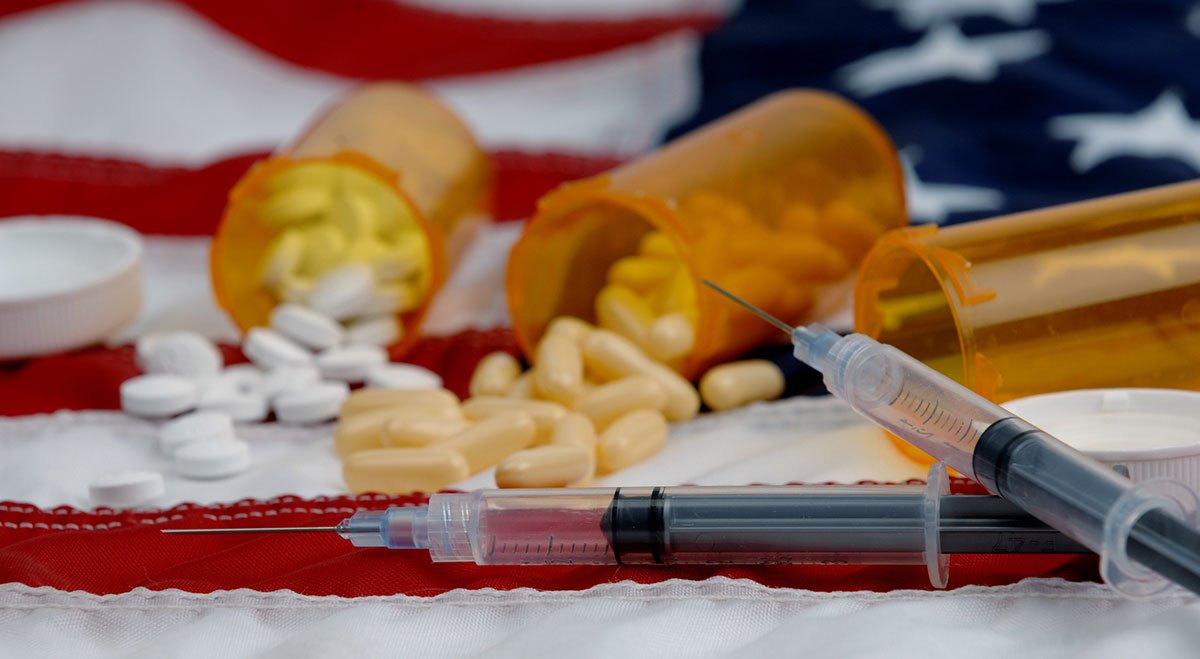This past Thursday, the Knoxville News Sentinel reported that three Tennessee district attorneys are bringing legal action against Purdue Pharma, Mallinckrodt and Endo Pharmaceuticals, alleging that aggressive and deceptive marketing is contributing to the ongoing opioid addiction crisis. The plaintiffs consist of nine East Tennessee counties. Additionally, the complaint names a “Baby Doe,” a child who was born an opioid addict because his mother, “Mary Doe,” was herself addicted to the prescription painkillers. The complaint states:
“It is now beyond reasonable question that the manufacturer defendants’ fraud caused Mary Doe and thousands of others in Tennessee to become addicted to opioids – an addiction that, thanks to their fraudulent conduct, was all but certain to occur.”
Interestingly, the prosecutors, who are bringing the suit through a private law firm in Nashville, are invoking an obscure and little-used state statute that has long been the subject of controversy and ridicule. Officially known as the “Drug Dealer Liability Act,” Tennessee’s so-called “crack tax” was first passed by the state’s General Assembly in 2005.
Under that law, those dealing in illegal narcotics (as well as homemade alcoholic beverages, i.e., “moonshine”) were required to pay taxes on their merchandise anonymously at a state revenue office. Once paid, they were given a stamp as a receipt. When a narcotics dealer or bootlegger was arrested and did not have the required stamp, they were held liable for unpaid taxes. This enabled the state Department of Revenue to seize the offender’s property. However, most convicted drug dealers and bootleggers had little or nothing in the way of assets, so the law was rarely invoked.
Unlike natural humans who engage in narcotics trafficking, corporate “people” like oxycontin producer Purdue and Mallinckrodt have plenty in the way of assets. All three defendants in the Tennessee lawsuit make billions of dollars every year from the sale of prescription opioids.
The pharmaceutical companies are not the only defendants named in the lawsuit. The Center Pointe Medical Clinic, located in Kingsport, is also being targeted for “diverting and illegally selling opioids in upper East Tennessee,” along with two individuals who stand accused of supplying “Baby Doe’s” mother with the pills.
Next to West Virginia, Tennessee has the highest rates of opioid addiction in the nation. According to statistics by the Tennessee Department of Health, there were more than 1,450 deaths across the state attributable to opioid overdose in 2015 – a figure that has been climbing every year.
In response to the lawsuit, Purdue issued the following statement to Becker’s Hospital Review:
“While we vigorously deny the allegations in the complaint, we share public officials’ concerns about the opioid crisis and we are committed to working collaboratively to find solutions. Addiction and drug abuse are multifaceted problems that require multifaceted solutions. Pointing fingers will not solve the problem, nor will it help those who are suffering.”
A spokesperson for Mallinckrodt said the company “does not promote opioids and manufactures only generic and non-promoted, brand opioids,” adding that they have “broadly supported efforts to combat the opioid abuse healthcare crisis through a range of advocacy initiatives, direct lobbying campaigns and charitable activities.”
As of this writing, defendant Endo Pharmaceuticals has no comment.

